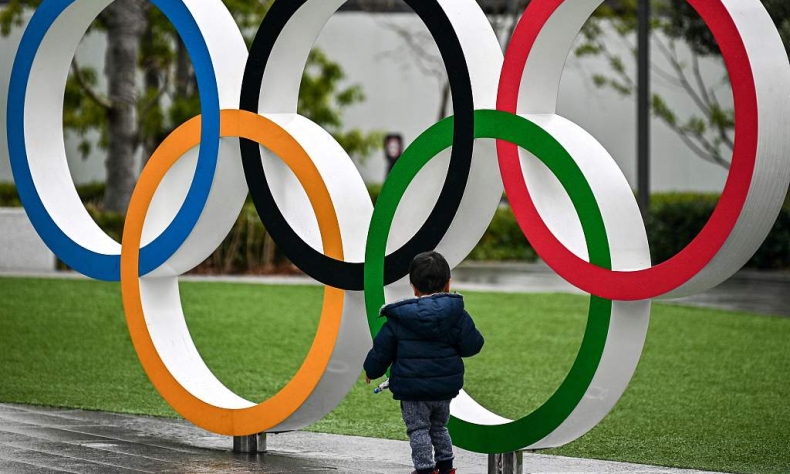Pause the Politics and Let the Games Begin

Difficult as it is, politics should be disconnected from the Olympics.
Two leading sport events will take place in the coming twelve months: the 2020 Tokyo Olympic and Paralympic Games and the 2022 Beijing Winter Olympic and Paralympic Games. Theoretically, the forthcoming games should unite humanity in a spirit of cooperation, hope and friendship. Both events can perhaps signal a return to normalcy after a dramatic period of pain and uncertainty caused by the COVID-19 pandemic.
The Tokyo Olympics had to be canceled last summer and be rescheduled for this July and August. Athletes were not able to train under normal conditions, whereas travelling was only allowed under strict quarantine rules. Japan deserves to be supported in its effort to overcome the psychological and economic shock and finally present a successful spectacle to the world, for which it has worked very hard.
China, for its part, will soon become the first country in the world to host both the summer and winter editions of the Olympics. Fourteen years after the Beijing Olympic Games, the Chinese capital will once again host the Olympic flame. Before the announcement of the International Olympic Committee (IOC) in July 2015, China shared its vision about connecting the Olympic movement to a better understanding between China and other civilizations.
In today’s world, however, the magic of the Olympics does not always suffice. To one’s surprise, the 2022 Beijing Olympic and Paralympic Games have ignited some calls for boycott. China’s reaction has been fierce. But the question is whether the ongoing politicization will have an impact on the spectacle to be offered next February. The decision of the U.S. to boycott the 1980 Moscow Olympics was followed by the Soviet Union keeping its athletes away from the 1984 Los Angeles Olympics. These incidents hurt the ideals of the games themselves.
The Olympic Games have naturally evolved over time. New technologies and commercialization are elements that had been absent in antiquity, but despite this, the spirit of the ancient tradition remains.
The study of Greek history is edifying. The first Olympic Games took place in 776 B.C. in the city of Olympia. Their first version lasted until A.D. 393 and were connected to the so-called Olympic truce. This meant that all conflicts had to cease for an agreed period of a few days or weeks in order for athletes, artists, and spectators to safely travel. The sacred truce was a necessary prerequisite for the organization of the games and was inscribed in the Disc of Iphitos, the King of Elis city state. No other people in the entire ancient world loved sports as passionately as the Greeks did. The word “athlete” that is used in several European languages is Greek. Greeks loved fair sportsmanship and cultivated the mentality for athletes to compete for an olive wreath and the honor of victory instead of material prizes and profits.
The Olympic Games were revived in 1896 in their birthplace inaugurating the beginning of their modern era. While it is an illusion to think that history is repeating itself in the 21st century, mankind’s desire to see a world built upon the rules of fair play, peace, humanity and reconciliation is interwoven into the contemporary Olympic Games. As IOC President Thomas Bach said, “The Olympic Games are a reaffirmation of our shared humanity and contribute to unity in all our diversity.”
Difficult as it is, politics should be disconnected from the Olympics. It’s now time to join hands with Japan and then China and regard Asia as a safe and peaceful continent where recovery will be consolidated and prosperity will be safeguarded. It’s been three years since the 2018 Pyeongchang Winter Olympics and the world is different. Its citizens are desperately looking for messages of collaboration. Let’s not deprive them from of the sentiment of hope and the possibility of happiness.
 Facebook
Facebook
 Twitter
Twitter
 Linkedin
Linkedin
 Google +
Google +










